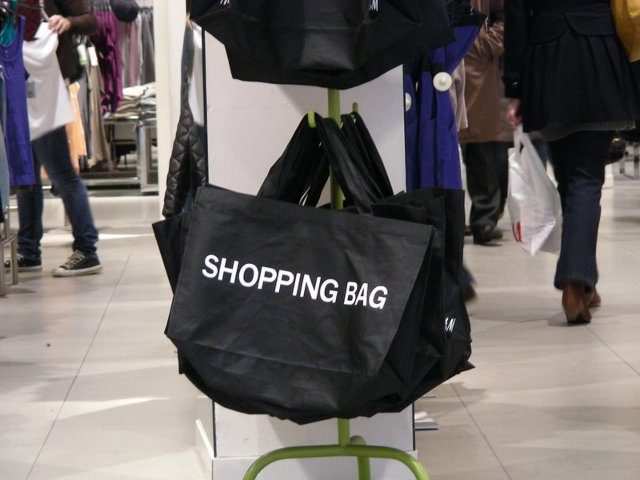In a recent article, Recode outlines how retailers track customers’ every move in exchange for providing them with coupons and convenient shopping experiences.
In an article titled “How Retailers Track Your Every Move in Exchange For Coupons and Convenience,” Recode outlines how retailers have increased their online data collection as more people turn to online shopping amidst the coronavirus pandemic.
Recode writes:
Retailers have many ways to acquire data about their customers, some of which is more obvious and mutually beneficial than others. They might purchase “insights” from location data providers that track foot traffic into and out of their stores — or into and out of their competitors’ stores. Many of these location data companies acquire their data through trackers placed in the code of unrelated apps, with customers being none the wiser that they’re there at all. Cellphone providers have also been caught selling customer location data to seemingly any company that’s willing to pay for it.
Retailers may also use data brokers to market products based on whatever demographics or interests those brokers have assigned to you from whatever data they’ve collected about you. Oracle’s Data Directory, for example, includes more than 150 companies that help businesses target their ads to people based on categories such as income level, homeownership, political affiliation, and hobbies. For instance, a retailer can send a list of customers to a data broker and have it matched with its “new parents” audience segment, allowing the company to send diaper ads or coupons to customers who are very likely to need them.
Several years ago, Nordstrom got in trouble with customers when it revealed people were being tracked via strategically placed sensors that picked up their phones’ wifi signals as they walked through the company’s stores. These services can collect the unique and unchangeable ID numbers from devices, allowing them to build a profile of the device’s owner over time and repeat visits. Device manufacturers now make this kind of tracking more difficult by obscuring permanent device IDs, and Nordstrom ended its wifi location tracking a few days after mass outcry from customers who didn’t like the idea of being surveilled while getting nothing in return.
Read more at Recode here.
Lucas Nolan is a reporter for Breitbart News covering issues of free speech and online censorship. Follow him on Twitter @LucasNolan or contact via secure email at the address lucasnolan@protonmail.com

COMMENTS
Please let us know if you're having issues with commenting.